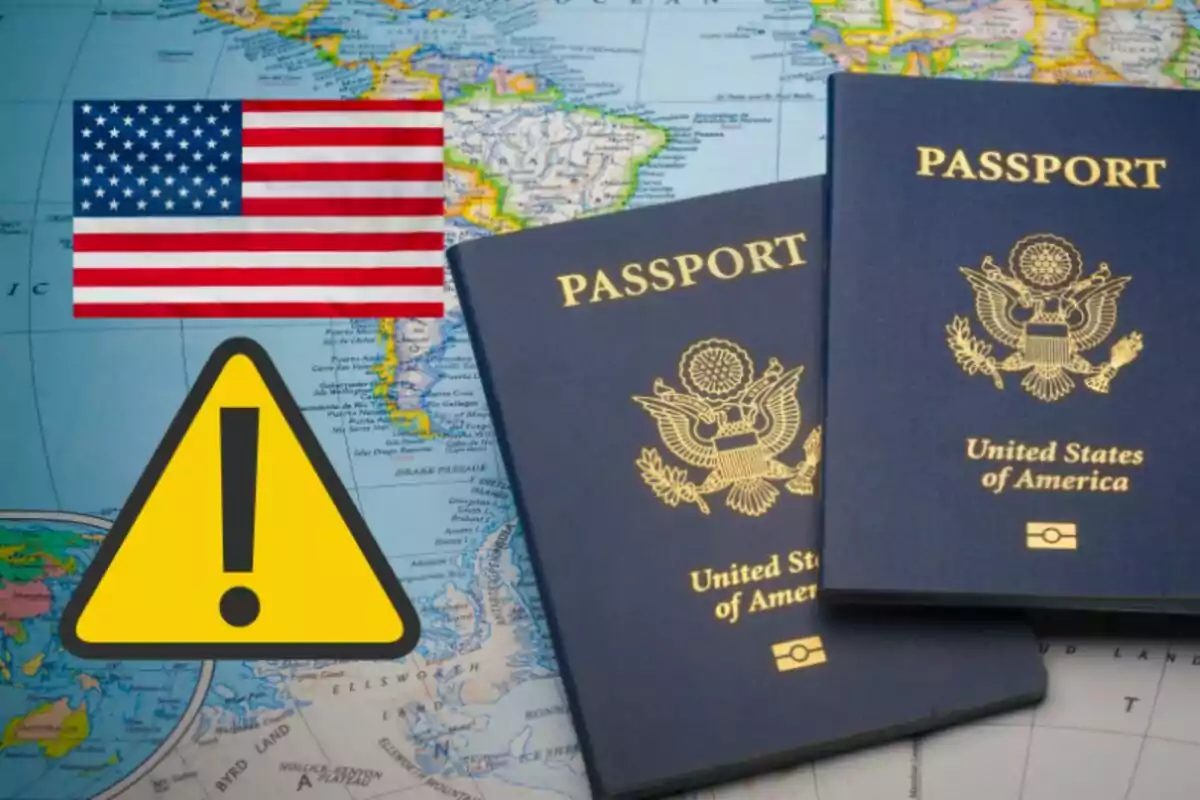Starting September 2, 2025, entering the United States has become a bit more complicated. The Department of State (DOS) announced that all nonimmigrant visa applicants must undergo an in-person interview with a consular officer.
Yes, although previously it was enough to submit documents, now there's an additional step. This change affects those seeking tourist visas, temporary work visas, and other nonimmigrant categories. However, not everyone is required to do so; there are exceptions, such as applicants for diplomatic, official visas, or certain B1/B2 visa renewals.
Nonimmigrant visas: what are they and why do they matter?
Not everyone traveling to the United States is looking to stay permanently. That's why nonimmigrant visas exist, which include tourists, students, temporary workers, and official visitors.

Meanwhile, immigrant visas are for those who plan to reside permanently in the country. Understanding this difference is key before starting any procedure.
How to apply for your visa
Although the new requirement may seem intimidating, the process remains relatively straightforward. The basic steps include:
- Presenting a valid passport.
- Submitting an appropriate photograph.
- Completing the DS-160 form.
- Scheduling the appointment at the corresponding embassy or consulate.
Now, in addition, you'll need to prepare for the interview with the consular officer, who will determine if you meet all the requirements.
Who is exempt from the interview
Not every applicant will have to go through this new phase. Among the exempt are:
- Applicants for diplomatic and official visas.
- B1/B2 visa renewals under specific conditions.
- Certain special visas, such as A-1, A-2, G-1 to G-4, and NATO-1 to NATO-6.
If you meet these conditions and haven't had previous visa issues, you may avoid the in-person interview.

Recommendations and upcoming updates
Authorities insist on checking the official embassy and consulate websites before starting the application. The criteria for the interview may vary and, in some cases, seem somewhat random. Starting November 1, 2025, visa interviews will be held at the consulate of the country of residence, except in exceptional cases.
Accessing the United States is no longer just a matter of paperwork. Now it involves time, preparation, and, in many cases, additional expenses. It's expected that starting in 2026, application costs will increase significantly, which worries those planning to travel.
In summary, this new procedure is a reminder that immigration policies change constantly, and staying informed can save you a lot of trouble. If you or someone you know plans to travel to the U.S., it's wise to review all the details before starting the process.

